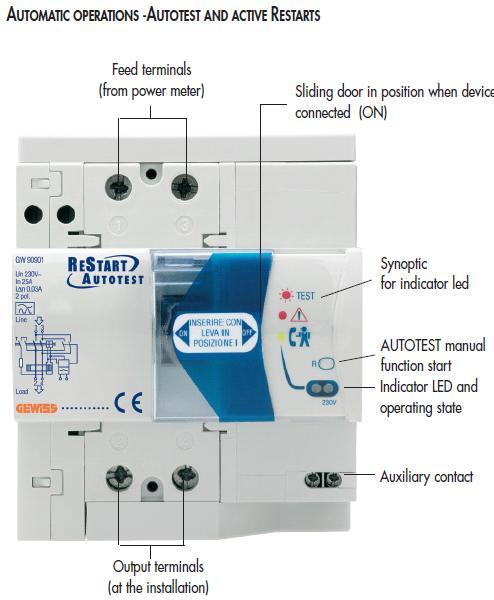My Mum's house, which has a whole-house 63 amp (30mA) RCD protecting the whole house (as you can tell it's a small house) occasionally trips after the home PC (plugged into a surge protection adaptor, along with the Modem) is shut down and then unplugged.
I have read thge debates about computers, surge protectors and Earth-Leakage, but this happens after the computer is turned off, not while it is running. And, as I have said, it only happens occasionally.
Other things (including High Risk stuff like the kettle, outdoor lights, and whirlpool bath) work fine.
Any thoughts as to what this might be? Faulty socket perhaps (it is Earthed Decarative Bass sort). Any advice/experience gratefully received. Thanks
I have read thge debates about computers, surge protectors and Earth-Leakage, but this happens after the computer is turned off, not while it is running. And, as I have said, it only happens occasionally.
Other things (including High Risk stuff like the kettle, outdoor lights, and whirlpool bath) work fine.
Any thoughts as to what this might be? Faulty socket perhaps (it is Earthed Decarative Bass sort). Any advice/experience gratefully received. Thanks


